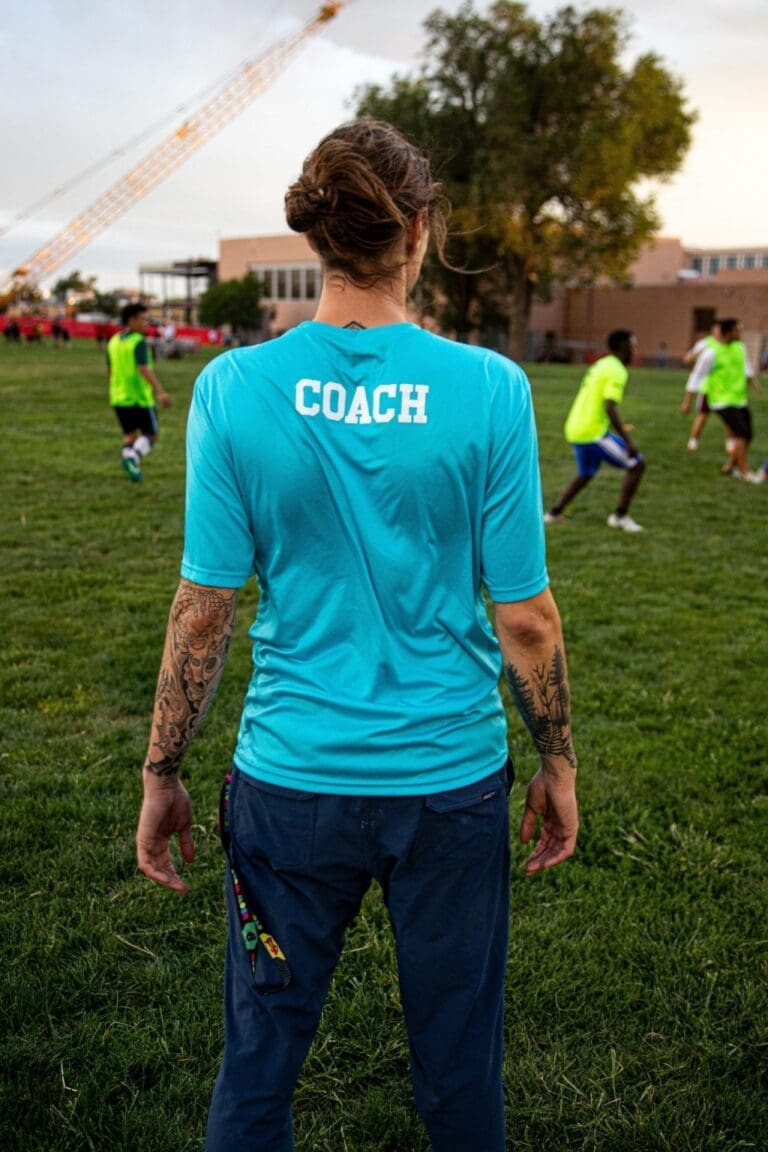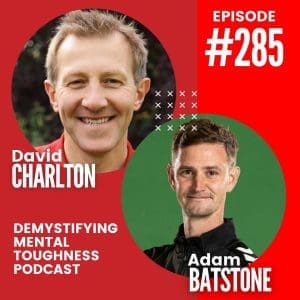
Sports Psychology Tips: Coach Development – Helping Athletes Overcome Fear of Failure
There is no such thing as failure
We’ve all seen and heard about it, where a player is lambasted in front of his team-mates by his coach for making a mistake that he has made on the pitch which cost the team a vital win or draw. The player feels terrible and now he feels a lot worse, he’s embarrassed and ashamed too. This is classic command style coaching.
Thankfully, those days aren’t so common now, though certainly do exist, especially at the top end of the professional level when the stakes are very high. Modern coaching principles encourage players to put themselves in positions to express themselves and make mistakes. These coaches then back off and try to allow the player to process the error and work out the best way to move on for themselves.
You don’t need to tell a player or athlete when they have made a mistake when they get to a high level. By continuing to point out mistakes, the big emotions that come with the error (shame, embarrassment) become bigger and are stored more easily in the brain therefore by taking this approach, in effect what you are doing is punishing the player, which in turn then leads to fear of failure or choking.
Fear of failure I come across often, especially with highly motivated athletes who have perfectionist tendencies. Athletes who end up fearing failure or choking can be spotted a mile away as they are characterised by low confidence, they may also look anxious and tense. The likelihood too is that they have an obsession with the scoreboard and outcomes. As a result, they’ll do their best to avoid mistakes and failure, perhaps hiding in the background not taking responsibility. They may even avoid playing competitively too or fake injuries.
As a coach how can I reduce the fear of failure?
- So that the athlete is more likely to get out of their comfort zone, to express themselves fully and take risks it is better to allow mistakes to happen, to simply observe them and have calm conversations when the emotion of the situation has passed.
- Supporting athletes to develop a growth mindset, where they are helped and encouraged in a positive manner to look at different ways to overcome mistakes is another helpful approach. For example, you may consider a role model that they look up to and talk through some of the challenges that they have faced and how they overcame them.
- Try the “mistake-contingent instruction” approach. This means when an athlete makes an error you ask good questions and try to help them work out what happened. You don’t tell them! By asking them their thoughts and empowering the athlete they are more actively involved in the learning process which can have a positive impact on their motivation.
- When competing, coaches should be aware what is under the groups control and not. By FOCUSING ON THE PROCESS, in this case the process is “expressing yourself” or “playing fearlessly” the coach goes on to reinforce key messages that mistakes are part and parcel of playing sport.
- Continue the theme of focusing on the process by seeing “effort” as a key part in the process and actively encouraging and praising an athlete who gives 110%.
- Have conversations with athletes to find out if they give themselves labels in certain situations such as in football – “I am rubbish at dribbling with the ball.” In cricket, when batting, “I am terrible when I receive short balls.” Then work on changing their inner self-talk, opening their mind to other ways they could approach the situation.
- When team-mates of a player demonstrate good pieces of skills be careful how you communicate this with the rest of the group so that you don’t spark off jealousy and shame in some athletes that struggle with the skill.
What should I avoid doing as a coach?
Two things I’d encourage you as a coach to NOT do is to praise ‘natural ability’. This is only going to create a fixed mindset and will backfire further down the line where athletes may struggle accepting defeat and dealing with failure. Also, discussions about winning or the score line are not helpful too as this just adds extra pressure to those individuals who worry themselves with making mistakes and makes the “fear of failure” worse.
FOCUSING ON THE PROCESS is the way ahead as backed up by the following quotes.
Thomas Edison – “If I find 10,000 ways something won’t work, I haven’t failed. I am not discouraged, because every wrong attempt discarded is another step forward.”
Sebastien Coe – “A great fallacy in sport and other walks of life is that people think it’s only when you win that you succeed. They think failure is automatically linked with losing, and it’s not. I learnt more in finishing third in that one race than I learnt in the 10 or 12 years leading up to it.”
Michael Jordan – “I’ve missed more than 9,000 shots in my career. I’ve lost almost 300 games. Twenty-six times, I’ve been trusted to take the game winning shot and missed. I’ve failed over and over and over again in my life.”
Rory McIlroy – “You can’t be afraid of failure – I learnt a lot from 2011”
If you’re enjoying reading my sports psychology blogs, please do forward them on to other coaches who would appreciate them.
You can also join our online community – THE SPORTS PSYCHOLOGY HUB – for regular Sports Psychology tips, podcasts, motivation and support.

Best Wishes
David Charlton
Global Sports Psychologist who is located near Newcastle Upon Tyne, UK and willing to travel Internationally. David also uses online video conferencing software (Zoom, Facetime, WhatsApp) on a regular basis and has clients who he has supported in USA, Canada, South America, UAE, Australian and New Zealand.
Managing Director – Inspiring Sporting Excellence and Founder of The Sports Psychology Hub. With over 10 years experience supporting athletes, coaches, parents and teams to achieve their goals, quickly.
T: +44 7734 697769







